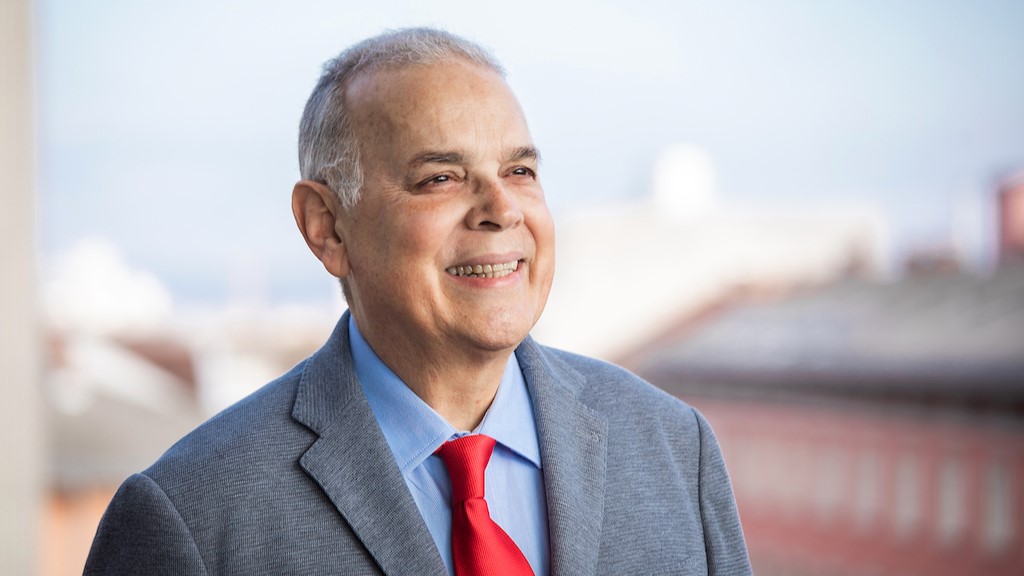
‘Unlike France and Germany, Hungary has not been affected by cultural Marxism or wokeist ideology, so our peoples—Latin American and Hungarian—fundamentally share the same values, based on love for God, country and family.’

‘Indeed, the cases in which the Open Society Foundation litigates, either directly or indirectly through a representative, are the result of a conscious selection: they are chosen according to their expected political and legal impact and only launched in specific countries. This is how the OSF—and the several NGOs it mobilizes—usually bring cases against Central and Eastern European countries, such as Romania, Slovenia, Poland, or Hungary.’

‘Being Hungarian is a spiritual quality. If someone is Hungarian, they are Hungarian first and foremost, and they start to argue only after that—of course, in Hungarian. If we do not have a common value or a common means of communication, what are we talking about at all?’

‘The current Embassy has been very active in supporting the retention of the culture and also in organizing community events and film screenings, and joining us in National Day celebrations.’

‘Hungary’s leaders feel that it is their responsibility to preserve and protect the security and prosperity of the Hungarian nation. And that, surprisingly, is an unusual perspective everywhere else within Western Europe.’
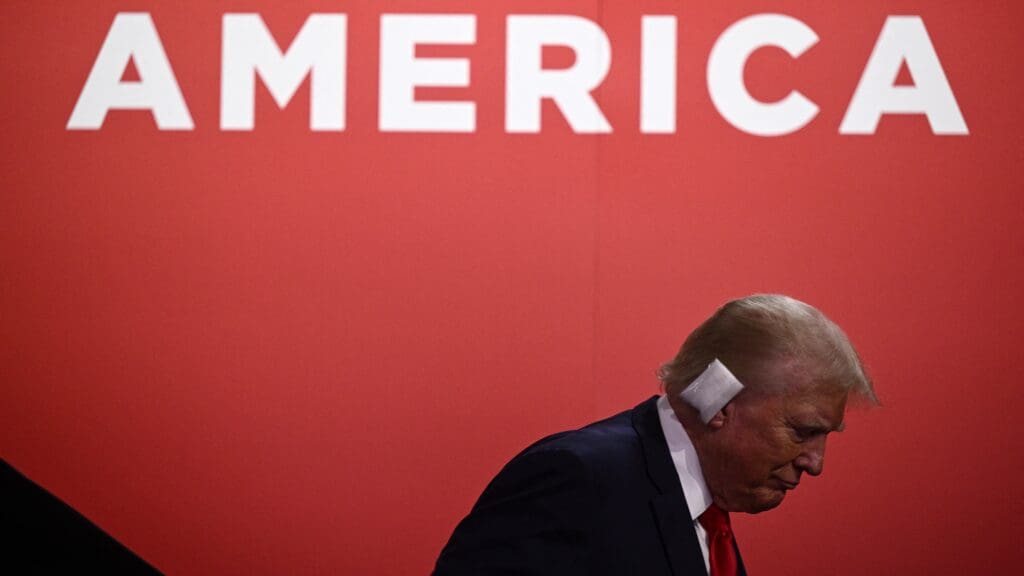
‘President Trump’s true character has just been revealed. It turned out that he’s the kind of man who comes under fire, takes a hit, feels the blood—and stands back up, with his fist raised. Obviously, at this point, Biden is no match for him, a President, who lived.’

‘It took Hungary 14 years to achieve decisive changes in cultural education. Similarly, we will need time to create a substantial cultural and political movement to bring about meaningful legal changes.’

‘Family policy will remain of utmost importance to us, as part of our overarching priority of demography during our presidency. It is clear that all of our societies are being reshaped by the challenges of demographic change. The Hungarian Presidency intends to examine demography from the perspective of competitiveness in a holistic way by including it in the agenda of almost all council formations,’ State Secretary responsible for families at the Ministry of Culture and Innovation Ágnes Hornung told Hungarian Conservative in a recent interview.
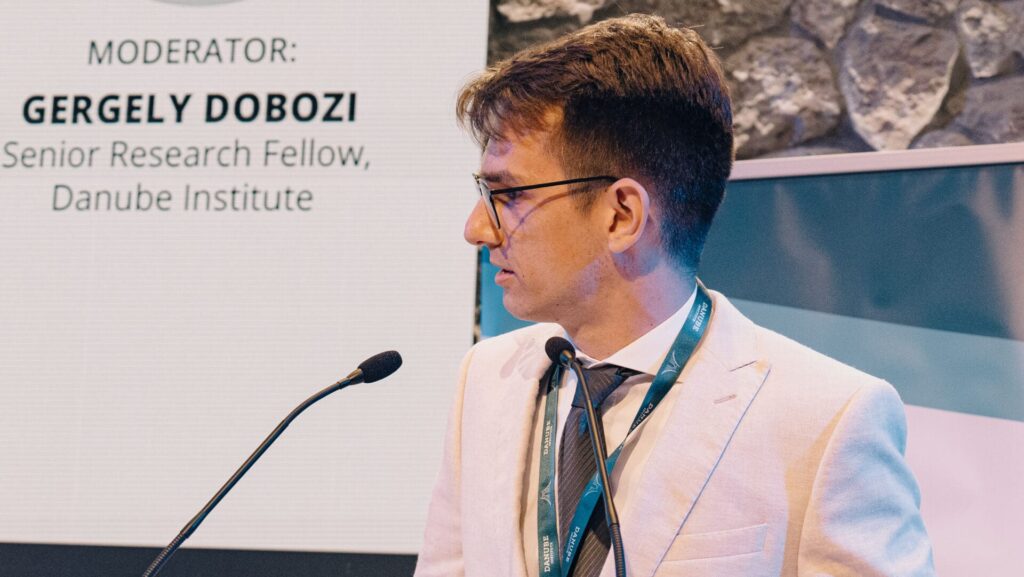
‘The rule of law’s conceptional imperfection makes it a perfect weapon, horribile dictu, a substantive lawfare.’
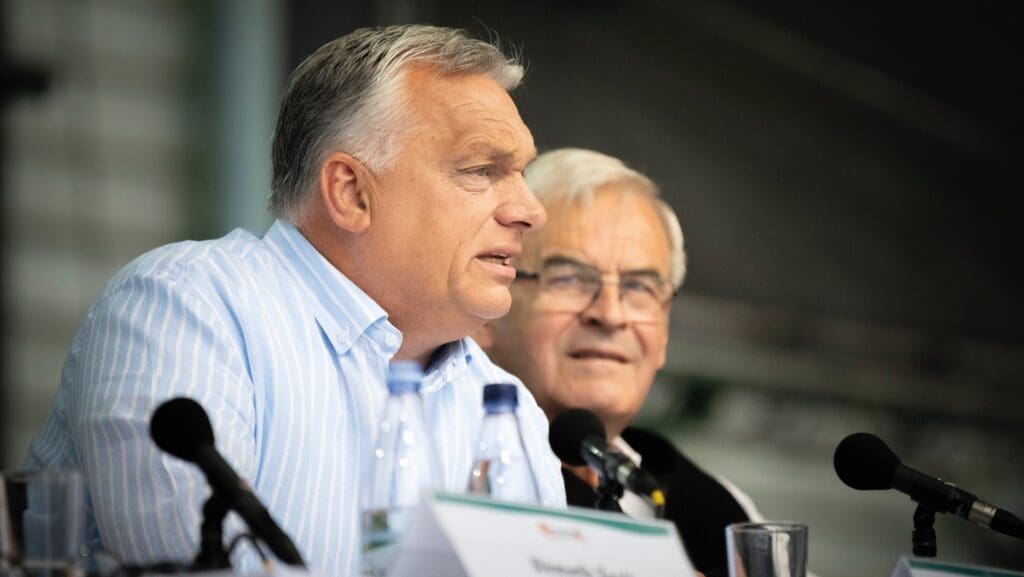
‘Hungary is set to take over the rotating EU Presidency in July 2024, a development that has provoked mixed feelings among certain political factions…Nonetheless, Hungary has proven to be a formidable participant in these disputes, fully aware of its rights within the EU legal framework and prepared to advocate for them vigorously.’

‘Democracy, as a concept, is inherently subject to interpretation and enforcement from within. This underscores the imperative: political disputes find resolution within domestic arenas and nowhere else, and unwavering loyalty is owed solely to one’s political adversaries, without allegiance to any foreign entity.’
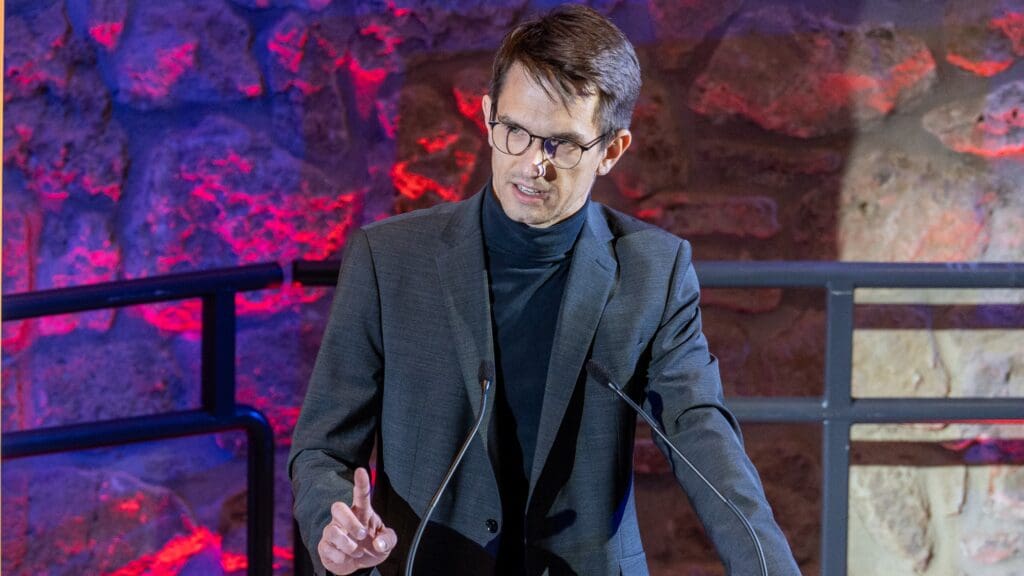
‘My young friends, our responsibility is immense. We are the last generation that could rely solely on our parents to differentiate between right and wrong. Yet, we are also fully immersed in the technological advancements of the 21st century. We have an opportunity to globalize conservatism.’

I cherished David most for his humanity and intellectual vibrancy. His optimistic smile and encouraging thumbs-up after our conversations were always a source of comfort.
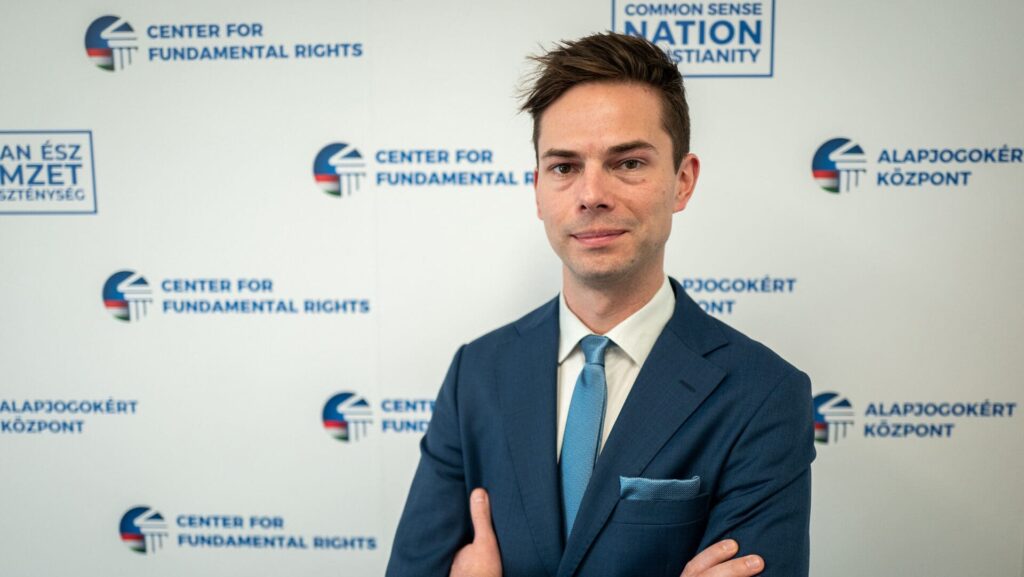
‘An optimistic scenario is that the coming years in opposition would be used by conservative forces in Poland similarly to what Viktor Orbán and his camp did during the years 2002–2010 spent in opposition.’

Amyotrophic Lateral Sclerosis—that is the name of the illness Dániel Karsai, a renowned Hungarian constitutional lawyer was diagnosed with in August 2022. Armed with comprehensive knowledge of the relevant domestic and international legal frameworks, he has embarked on a mission. His goal is to submit a legal brief to the European Court of Human Rights, intending to shape a more liberal approach by the Strasbourg jurisprudence concerning assisted suicide. Through this, he aims to trigger a transformative shift in Hungary’s relevant regulations, as a quasi-capstone to his professional career.
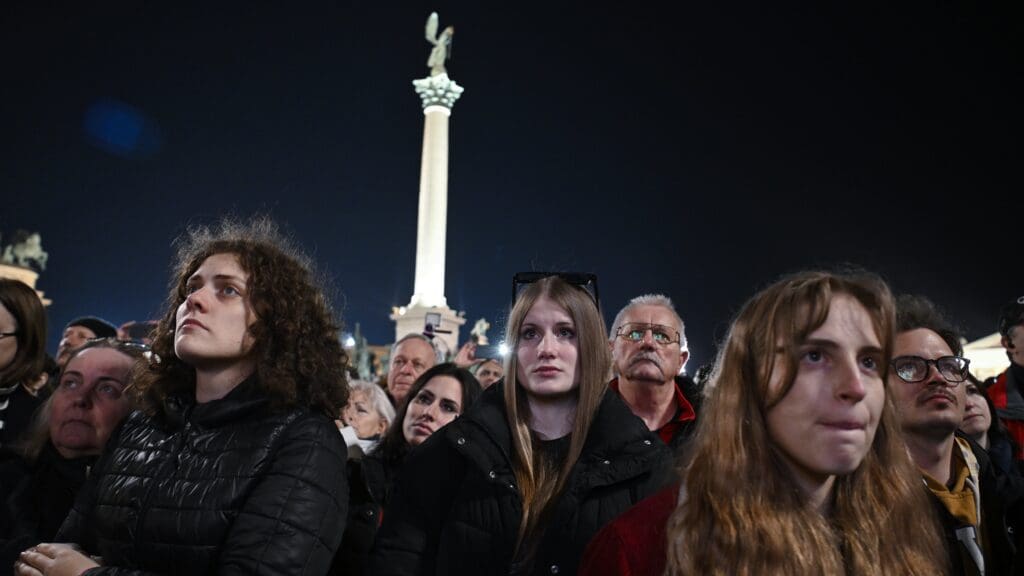
At the 16 February demonstration organized by influencers and other celebrities, which rallied tens of thousands of people, the speakers essentially echoed the expectation of the majority of Hungarians that the government come up with adequate responses to the clemency scandal.
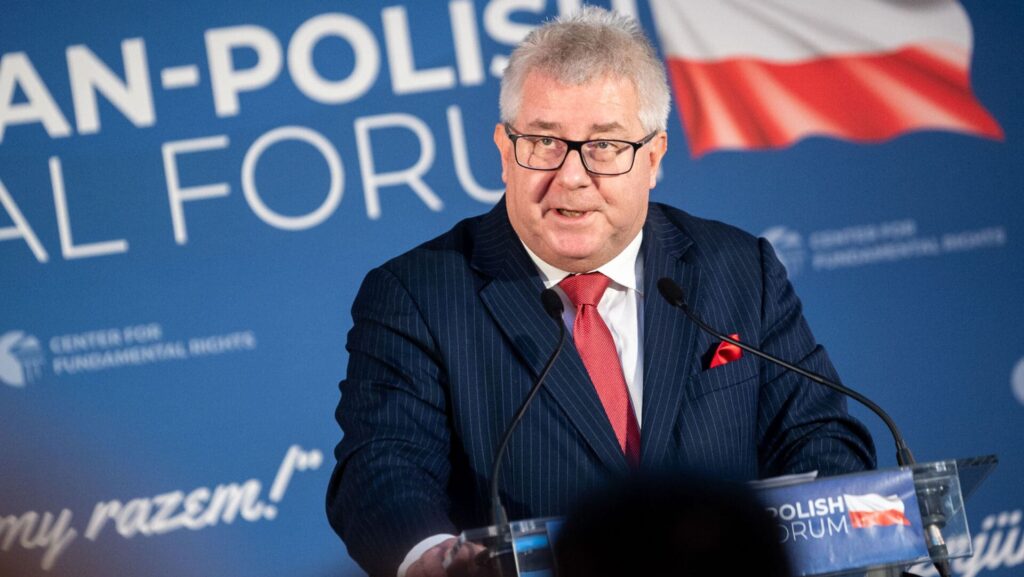
In essence, Europe needs Poland and Hungary, Polish MEP Ryszard Czarnecki argues. An interview about double standards, rule of law concerns about the Tusk administration, and the key role of conservative journalists and experts in the conservative European realignment.
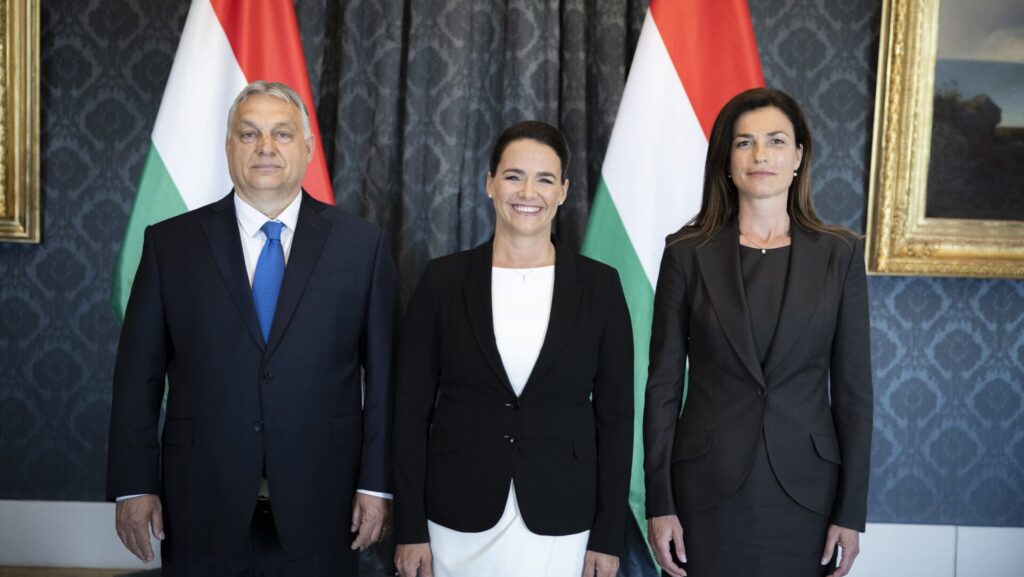
Our editor-in-chief’s take on the resignations of Katalin Novák and Judit Varga, and what they entail for Hungarian conservatives.
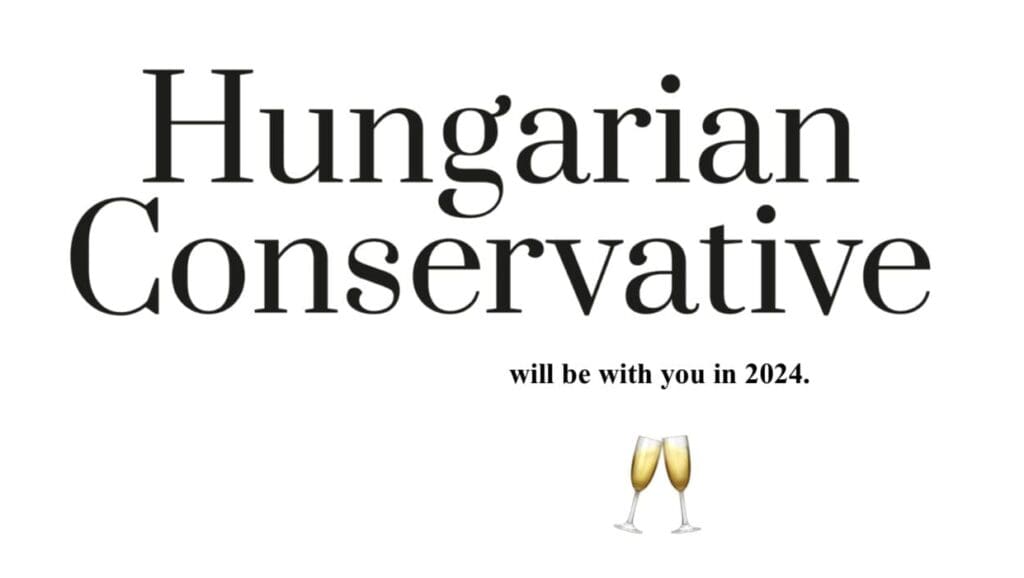
Building on the hard-earned trust of our readers, we are planning on introducing even more interactive and focused content in 2024—from evolving regional and global geopolitical dynamics to the European parliamentary and US elections, there’s much to explore in the coming year.

A short Christmas tale about an angel, pine trees, sore muscles, and joy.
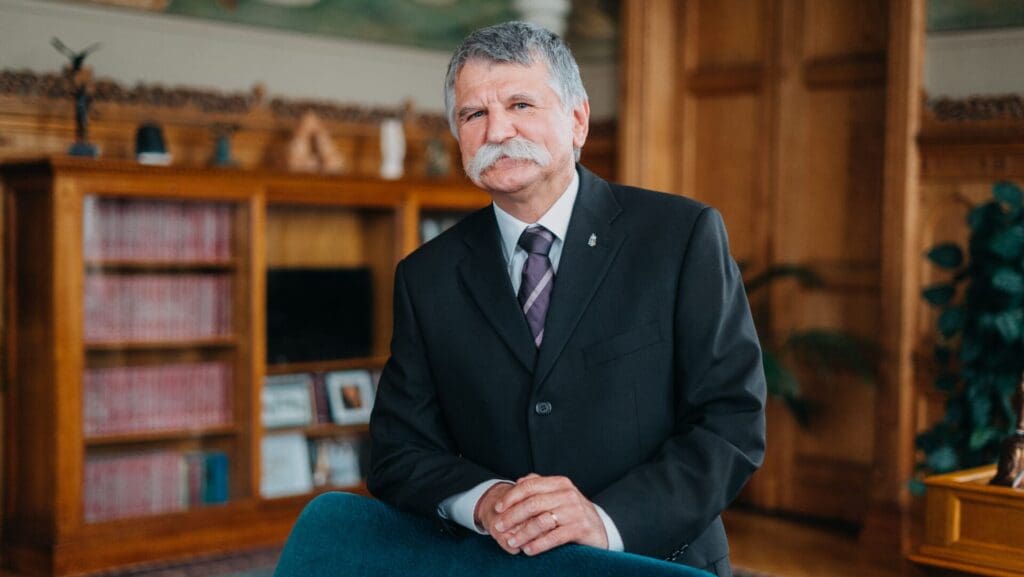
‘It seems clear that both federalists and sovereigntists agree that the current treaty framework isn’t up to the task of addressing the crises in the European Union and its Member States. To tackle these issues, it’s evident that new treaties need to be crafted.’
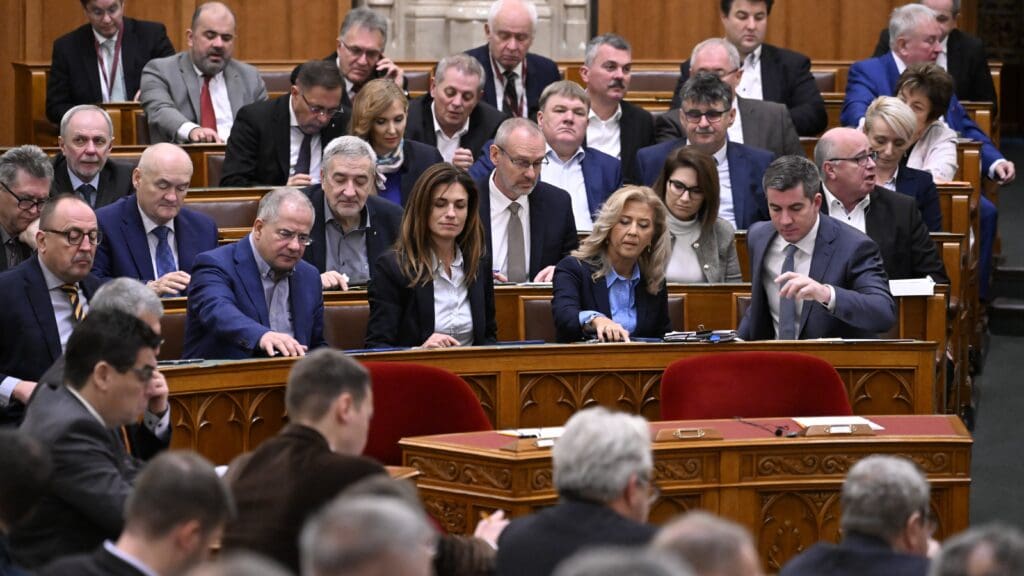
The Sovereignty Protection Office will operate independently from all Hungarian constitutional bodies. Its primary objective will involve identifying and probing actions related to disinformation and attempts to influence the decision-making processes of the state and society on behalf of foreign nations, bodies, or organizations. Additionally, it will scrutinize entities whose activities, funded from abroad, aim to sway elections or manipulate the preferences of voters.

Is it possible that concerns over the health and safety of EU citizens regarding the ‘illicit’ drug trade, suddenly dissipate when it becomes ‘licit’ ? If the answer to this is no, could a procedure under Article 7 be initiated against Germany, given that the dispute pertains to values defined in Article 2 of the Treaty on European Union?

‘I think that’s why the European Commission does not take the approach with Eurobarometer that the Hungarian government is taking with the National Consultations—because they would realize that Europeans are more supportive of centre-right policies than they would want to put their name and admit to.’
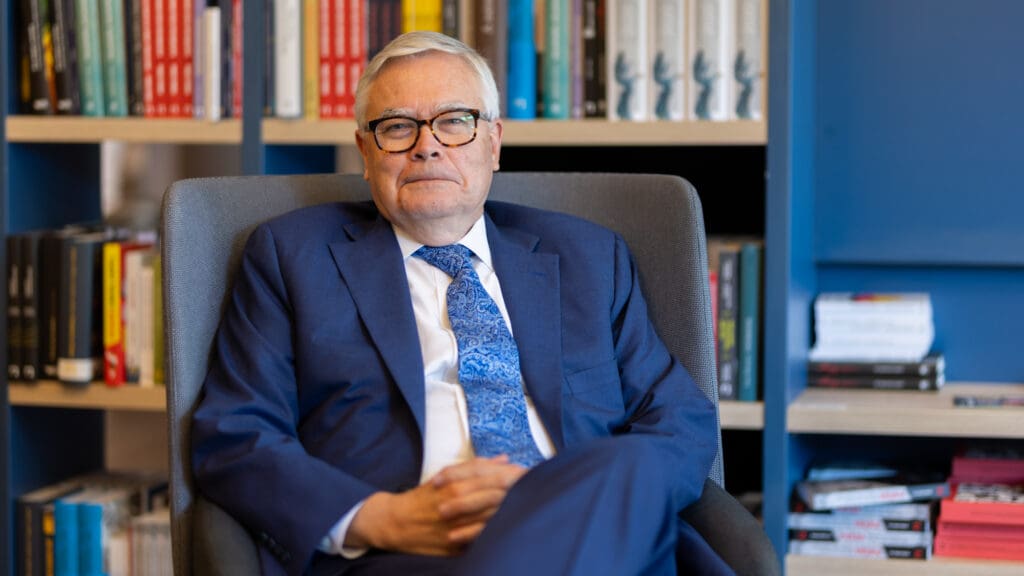
‘Hungary’s not asking for something that is illegal, as the state is just exercising its legal rights in a way that is—from a Brussels point of view—unpopular,’ Professor Charles Kesler of Claremont McKenna College argues. An interview about federalism, diplomacy and the alleged ‘Hamiltonian moment’ of Europe.

‘Hungary now faces three options: exiting the European Union, surrendering, or actively forming alliances,’ David Tse-Chien Pan, a Professor of German at the University of California, Irvine, argues. An interview about sovereignty, populism and Hungarian intellectual life.

The Group of Friends, the nine EU member states that are pushing for the reform of decision-making in the Union, view unanimous decision-making as a weapon. But in fact, as Dryzek and Niemeyer put it, unanimity is ‘the gold standard of political justification’, as ‘it is the only rule of preference concentration that grants Pareto optimality’.
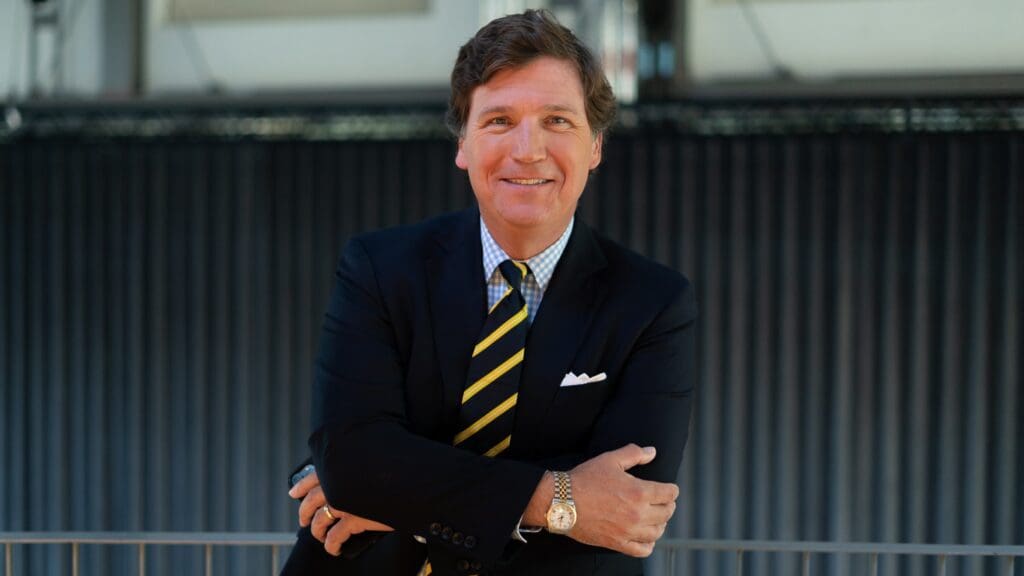
‘It makes me extremely embarrassed and sad as an American to see this envoy from the Biden administration coming here with bizarre sex politics, trying to push them on Hungarians for no reason that benefits American national security or the economy.’

Instead of labelling it as a ‘Revenge Act,’ Klebelsberg President Gabriella Hajnal suggests it be called the ‘Career Path Act’ since it emphasises the importance of teachers and grants them a unique legal status. An interview about the National Core Curriculum, the burdens of teachers and the negative stereotypes around the new reform.

Uncertainty about a ‘Huxit’ scenario is not fuelled by the Hungarian Prime Minister but rather by EU bureaucrats using a one-sided interpretation of the rule of law. The Hungarian government possesses a clear mandate for EU reform, distinct from the binary narratives of full Eurofederalism or immediate exit.